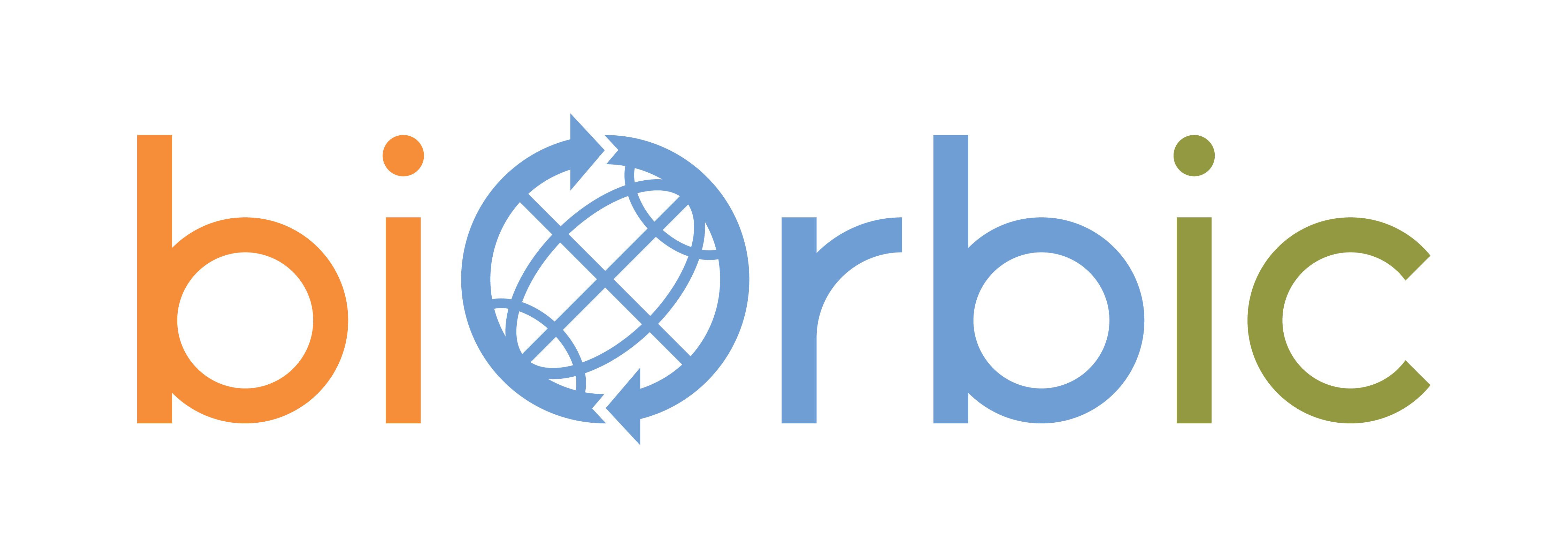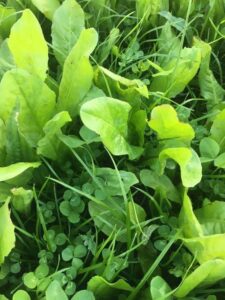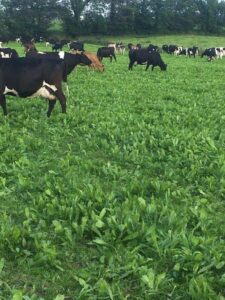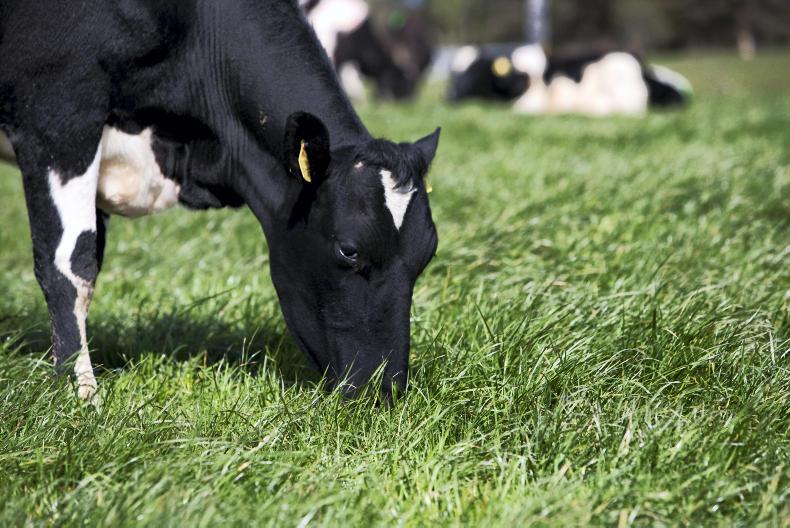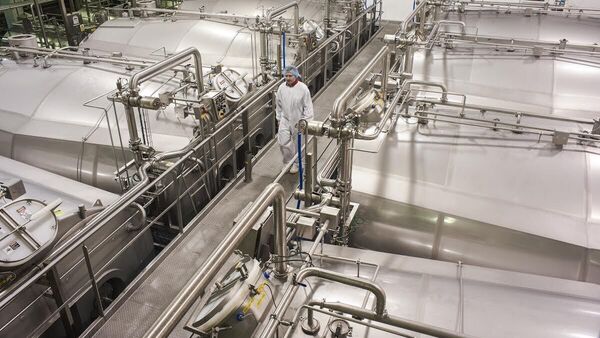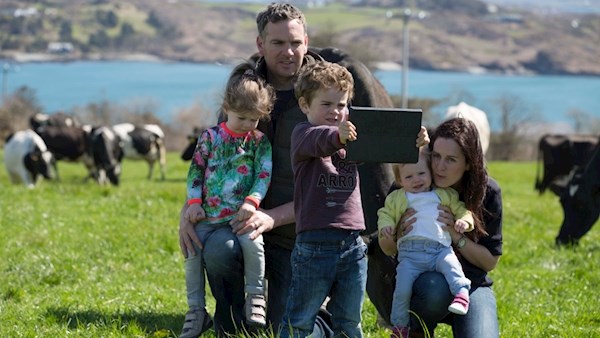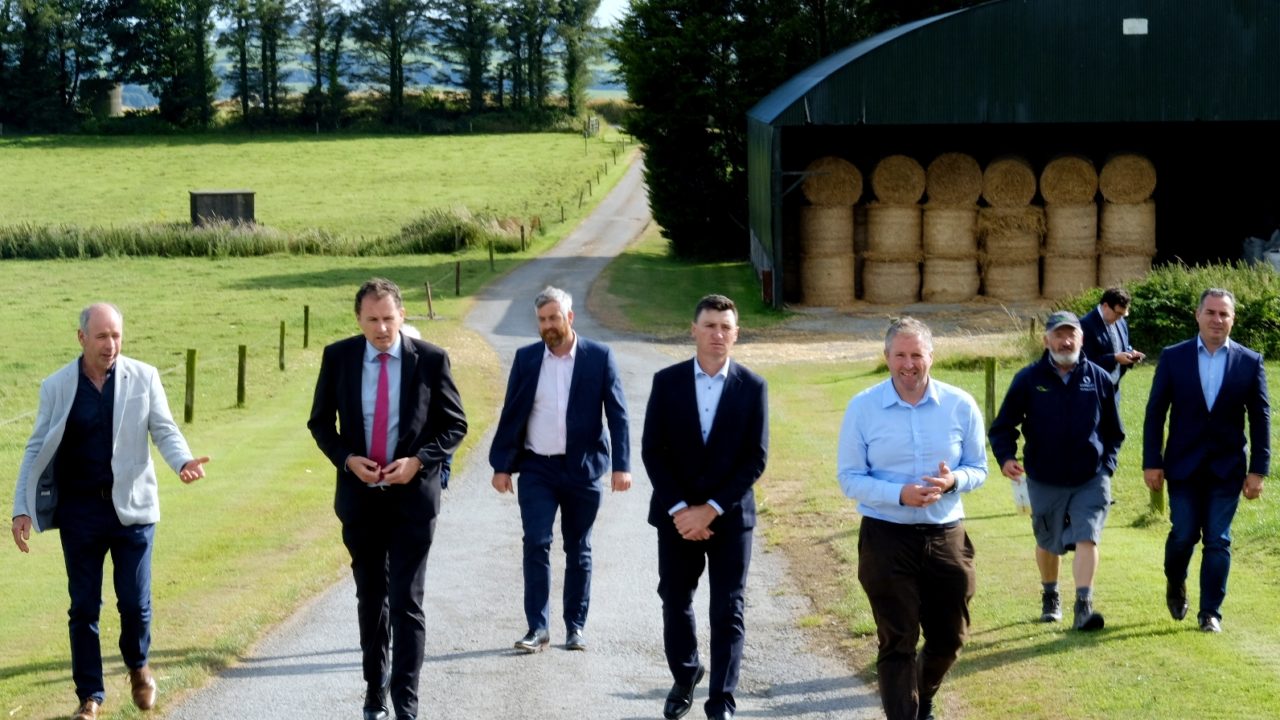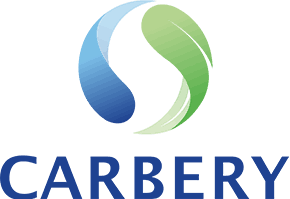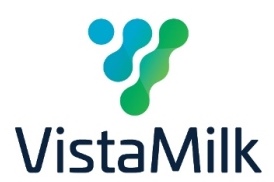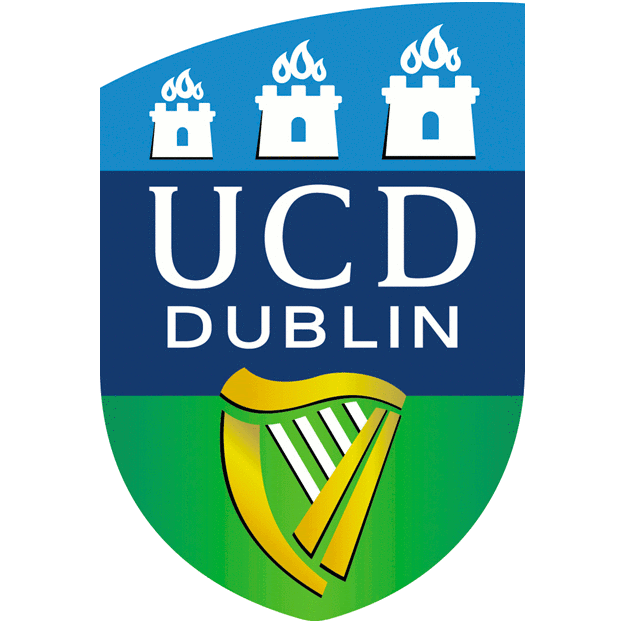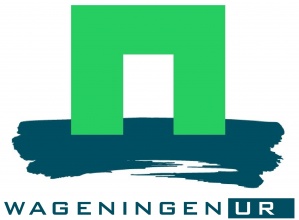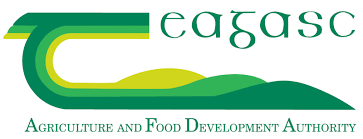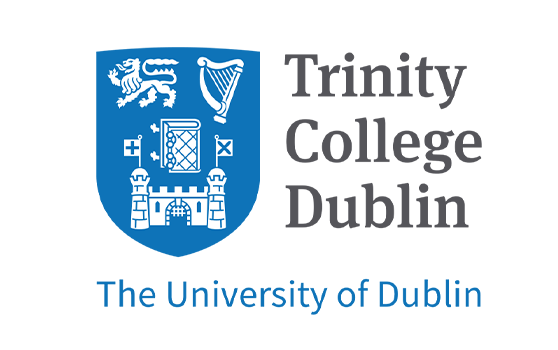
Farm Zero C is a collaboration between BiOrbic, Carbery and others to address the challenge of carbon neutral farming.
This presents a holistic view of the farm to reduce greenhouse gas emissions and increase the health and resilience of the farm.
Developing pioneering projects like this is part of working to safeguard their farmer suppliers’ future.
ABOUT
A world first for agriculture, BiOrbic, Carbery and their collaborators have undertaken an interdisciplinary programme of work, targeting numerous areas.

ReNewable EnERGY
Sourcing energy through renewable means where possible to reduce the farm’s reliance on carbon emitting fossil fuels.

SOIL and GRASSLAND
Capturing carbon within the soil by planting multi-species swards. This allows for reduced use of fertiliser.
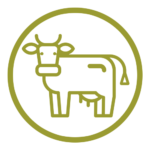
ANIMAL DIET AND BREEDING
Trialling different types of diet that change animal digestion, reducing the amount of greenhouse gas emitted through belching.

BIODIVERSITY
Maintaining biodiversity on the farm, taking advantage of ecosystem services for less reliance on pesticides and fertiliser.

LIFE-CYCLE ANALYSIS
Thorough analysis of plant and animal life-cycles on the farm to understand overall carbon emissions.
Videos and Updates
This week we spoke with Cian White, a PhD student and ecologist at Trinity College Dublin who is at Shinagh Farm in West Cork to advance work under the Biodiversity pillar of Farm Zero C.
IN THE NEWS
Partners
The Farm Zero C project brings together contributions from the following partners and collaborators.
